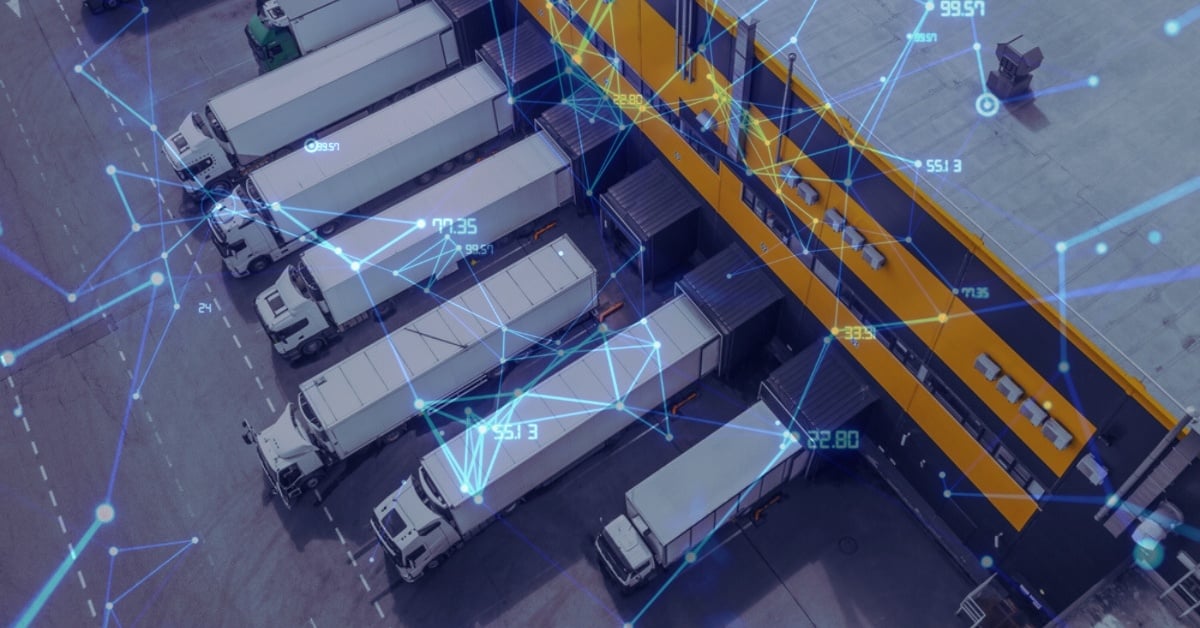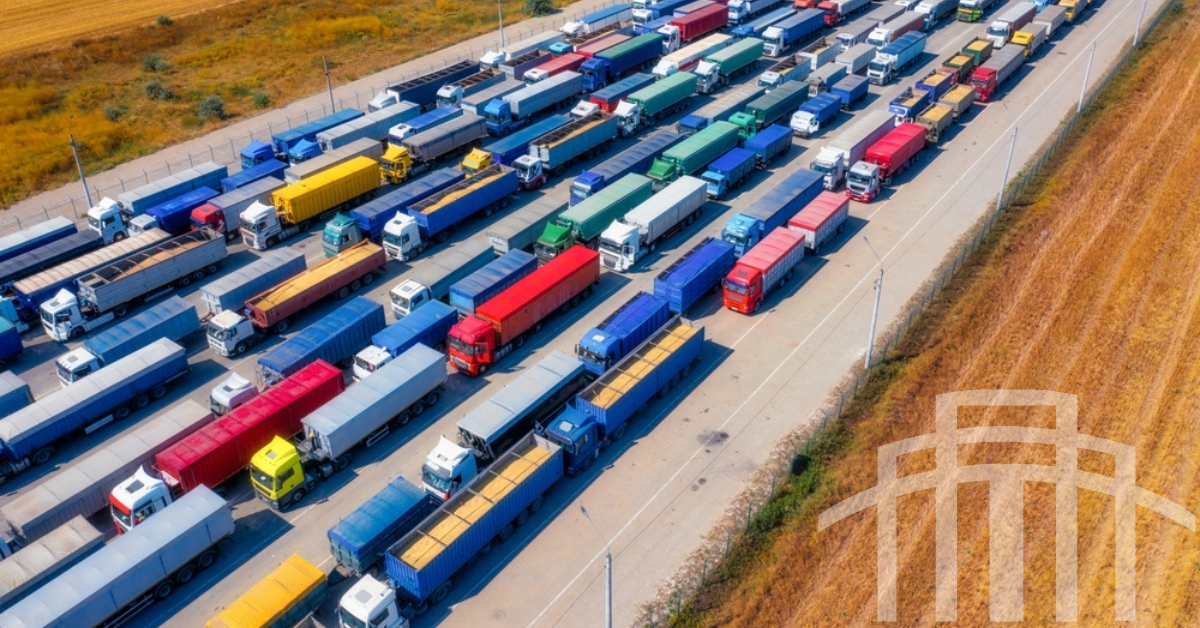Artificial intelligence has moved well beyond being a talking point in logistics. It is now embedded in procurement strategies, pricing models, carrier sourcing, and exception management, often without the end user realizing it.
For Shippers and 3PLs, the shift is not theoretical. AI is already influencing who wins freight, how quickly loads get covered, and whether operations run at a reactive or proactive pace.
“AI won’t replace people in freight, but people using AI absolutely will replace those who don’t,” said Jason Roberts, SVP of Digital Enablement at MODE Global.
The companies that will thrive are not necessarily those with the flashiest tools, but those that integrate AI into everyday processes in ways that drive measurable value. This integration allows human teams to focus on building trust, solving problems, and making smarter strategic moves.








